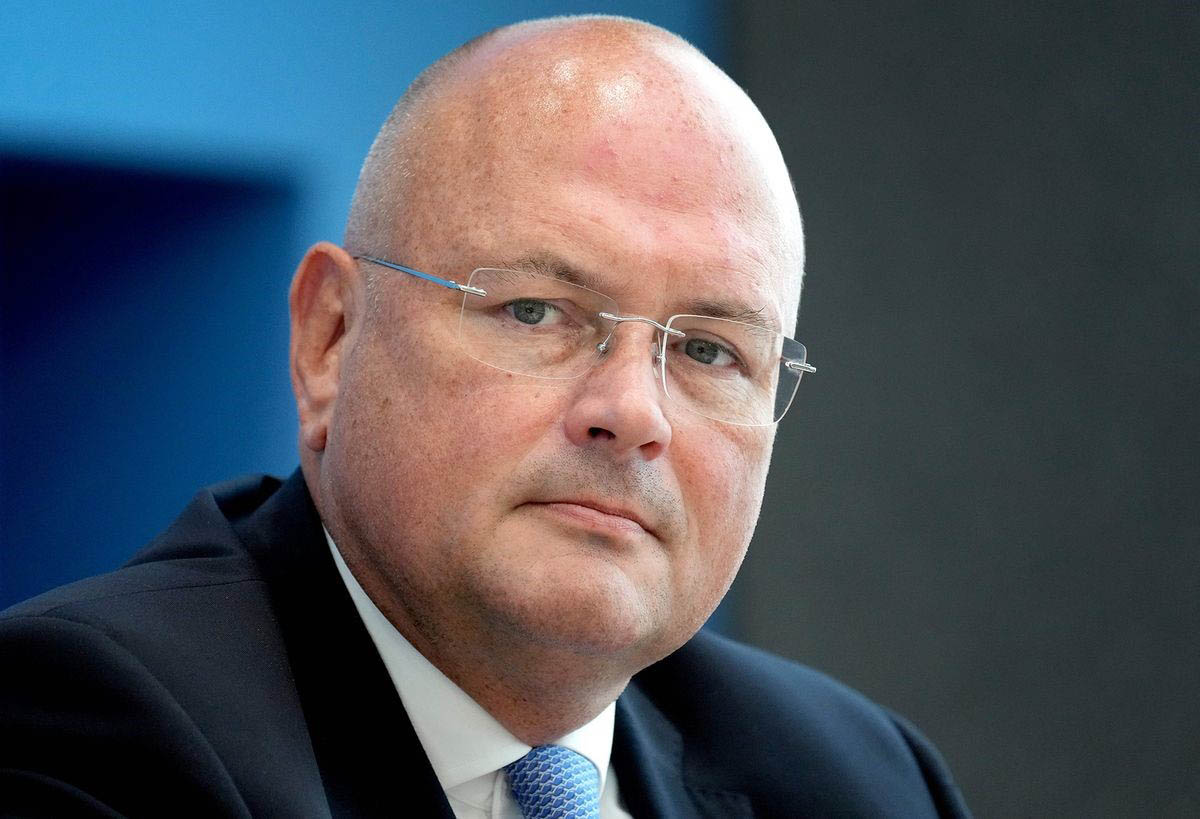BERLIN, (Reuters) – Germany’s interior ministry fired the country’s cybersecurity chief yesterday and launched an investigation into his conduct after media allegations that he may have come into contact with Russian security circles through a consultancy he co-founded.
Arne Schoenbohm came under scrutiny in recent weeks after a satire TV show highlighted his ties with a cybersecurity consultancy which counted as a member a German subsidiary of a Russian firm founded by a former KGB employee.
Schoenbohm had co-founded the Cyber Security Council Germany to advise companies and authorities on cybersecurity matters in 2012 before in 2016 being appointed head of BSI, the federal information security agency, by then Interior Minister Thomas de Maiziere, a conservative.
A spokesperson for the interior ministry, now run by the Social Democrats, said Schoenbohm was dismissed because the allegations had “permanently damaged the necessary public confidence in the neutrality and impartiality of his conduct in his office as president of Germany’s most important cybersecurity authority”.
Schoenbohm said he had himself on Monday asked the ministry to launch an investigation.
“It is not yet clear to me what the ministry has checked and what the concrete accusations against me are,” he said.
He told Reuters he was no longer active in the council and had only delivered the keynote speech at its 10th anniversary in September as an exception after receiving the green light from the interior ministry.
Greens lawmaker Konstantin von Notz, who heads the parliamentary committee supervising Germany’s intelligence services, called on the ministry to explicitly state the allegations against Schoenbohm and answer other open questions, such as who it would nominate to succeed him.
“We need clarity over the tricky question of whether or not there was Russian spy activity around the BSI,” he told Handelsblatt newspaper. “We cannot allow the integrity of this body to be further damaged.”
Comedian Jan Boehmermann reported in his late night TV programme ten days ago that the council had since 2020 counted among its members Berlin-based Protelion GmbH, previously known as Infotecs, a subsidiary of a Russian company founded by an ex-KGB employee.
The consultancy last week protested it had not known of the alleged ties to Russian services of Protelion GmbH, which it expelled after the TV programme was aired.
“We … support the efforts of government agencies to clarify the role of Protelion GmbH in order to be able to assess the extent to which there was actually an attempt to exert influence,” said its chief Hans-Wilhelm Duenn, dismissing accusations of being influenced by Russian agencies as “absurd”.
The consultancy said the interior ministry knew of the allegations since at least spring but “no information was provided to associations or potential customers by official bodies”.
The head of Protelion GmbH was not immediately available for comment.






